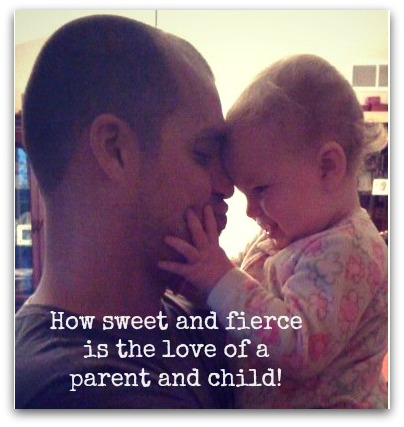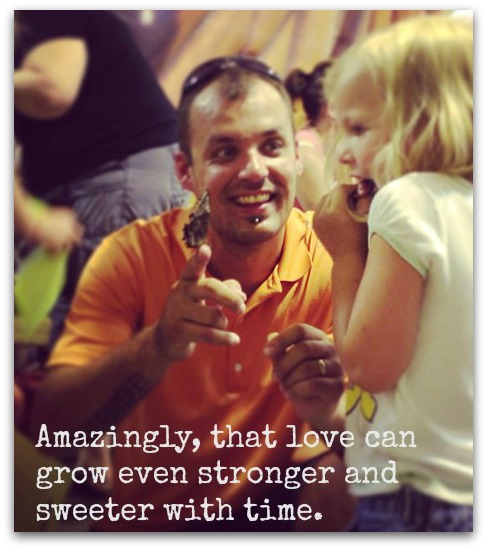I had caught my child in a lie. The only thing was, I couldn’t prove it. I was frustrated and saddened, and not quite sure of the right way to proceed. I was contemplating different discipline options as I dialed my husband’s number. When Jamey answered the phone, I filled him in on what happened. I shared my disappointment over the unfortunate turn of events–and, I’m sure, my concern over what this meant. (For example: How could my child do such a thing? Why would they lie to me? How would they be able to sleep at night? And, if they could, was that because they were already a hardened criminal and somehow I had been unaware? Was the next step going to be visiting them in jail? I’m sure my emotional reaction was not at all greater than the circumstances warranted.)
My husband, however, did not respond the way I anticipated. Instead of offering his choice for discipline, he said something about how we needed to choose to protect our relationship with our child. He pointed out that while I may be right, I really didn’t know for sure that our child had lied. What if I accused them and I was wrong? What kind of damage would that do? He advised me to leave it alone, and instead, to protect my heart connection with my child.
I have to be honest, even though I knew he was right, I wasn’t completely comfortable with it. This did not sit well with my inner “justice meter”. After all, it is important that my children are honest. However, as I was wrestling through my emotional response, I remembered something: A time I was wrongly accused of doing something that I hadn’t done. It was extremely hurtful and caused much damage in that relationship.
Thankfully, my husband had wisely advised me to avoid a course of action that may have caused a similar wound in my relationship with my child. And, as time has passed, I have understood more clearly how important it is to make protecting my “heart connection” with my children one of my top priorities. While the ties that bind our hearts are amazingly strong, they can also be fragile. And, they aren’t as easy to “retie” as they are to protect.
Please understand, it isn’t that we don’t have a value for integrity in our home. We place high value on it. But, valuing integrity doesn’t have to replace a value for relationship. It isn’t healthy when a parent-child relationship is modeled after “friendship”. But, it is also not healthy when it is void of genuine love and affection for one another. Instead, a healthy parent-child relationship is one where there is high value given to training and relationship; teaching and fun; correction and unmerited belief in one another. And so on.
It is also important to recognize that training our children is not something that happens in a day. Rather, it is something that happens over the course of our days. (And, it is something that is much more easily accomplished when our hearts stay connected!) While it may not be comfortable, this means it is best to have a child that grows to be a person of character because you have always believed and treated them to be one. That it is best to have a child that comes to you with their confessions because they have grown to care about your heart connection and are acting to protect it. That it is best to have a home that operates in faith and hope and love, rather than one that reacts in fear.
Unfortunately, my children are not perfect. They make mistakes. Sometimes they choose to do the wrong thing. Sometimes I catch them, and sometimes they come to me all on their own. While I am exceedingly proud of each one, our home is definitely a work in progress. But, that is okay, because our hearts have stayed connected in the process. It is in that connection we will find the strength we will need to become who we are supposed to be.

